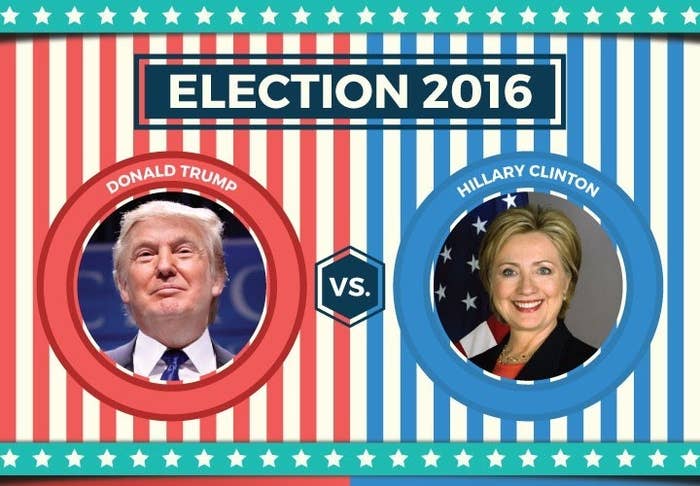
Matthew Shay writing for the National Retail Association "Time for the Presidential Candidates to Support Imports & Daniel R. Pearson for the CATO Institute "Econ 101 for Presidential Candidates".
Shay wrote for the September 2016 issue of STORES Magazine: "As an industry that relies on imports to provide American families the products they need at prices they can afford, retailers are closely following the positions on international trade taken by this year's presidential candidates.
Unfortunately, while recent comments by Donald Trump and Hillary Clinton might make great politics, they also make for terrible economics. Neither seems to appreciate the value of trade, particularly the millions of jobs and billions of dollars in economic benefits brought by imports.
Trump wants to tear up the North American Free Trade Agreement, which lets U.S. factories easily obtain parts from Canada and Mexico and just as easily ship finished products back. He opposes the Trans-Pacific Partnership, which would tear down trade barriers from Peru to Australia, and wants to impose "huge" tariffs on imports from China.
Clinton's trade policy is more complicated but no more encouraging. As secretary of state she called TPP the "gold standard" but now opposes it. She has defended NAFTA but now says "it did not deliver." As a senator, she voted for trade agreements with Singapore, Chile and Oman but not Central America.
According to NRF research, imports support 16 million U.S. jobs, including 6.9 million in retail and restaurants. That's not just retail workers selling imported merchandise but fields such as research and development, distribution and merchandising. It includes members of the unions that oppose imports, from dockworkers who unload imports to factory workers who assemble products made from imported parts.
Imports have saved consumers millions of dollars on products from toys to computers, but high tariffs continue to drive up prices of merchandise such as shoes and apparel.
When Trump and Clinton oppose TPP, they support continued high tariffs and high prices. TPP would eliminate virtually all of the $6 billion in annual tariffs on goods from member countries and boost U.S. spending power more than $1,000 per household. When the United States reduces tariffs, its partners in trade agreements do the same, expanding markets for U.S. exports. None of that will happen, however, if the two candidates have their way.
Americans enjoy a higher standard of living because globalization makes products more affordable. And the decline in manufacturing jobs cannot be blamed entirely on imports — it takes far fewer workers to operate a modern, high-tech factory. The answer to lost factory jobs is training and new skills, not limits on trade.
It's time for presidential candidates — and presidents — to stop pandering to protectionists and acknowledge the positive power of trade in the modern U.S. economy."
According to Mr. Pearson, "a recent study by the Center for Business and Economic Research at Ball State University found that 13 percent of manufacturing job losses have been due to trade, but 85 percent of the employment decline has been caused by automation related to robots and computers. Policies that provide adjustment assistance to unemployed workers should be structured in ways that don't restrict trade.
Major party presidential candidates would be well advised to reconsider their trade policy proposals. Protectionism will undermine the freedoms of Americans and lower their standards of living. Bad policy choices mean bad economic outcomes. This is not the way to lead a great nation forward."
Mr. Shay concludes his article by giving us a breath of fresh air - "Fortunately for retailers and consumers, presidential candidates often bash trade while campaigning, then take a more realistic approach once elected. But that's not enough. America needs a president who acknowledges the importance of not just exports but imports. As an international businessman, surely Trump knows the importance of imports. As a former first lady, senator and secretary of state, so must Clinton."
If you decide to operate as an American Company, we can help you to run your own subsidiary. Give us a call!

